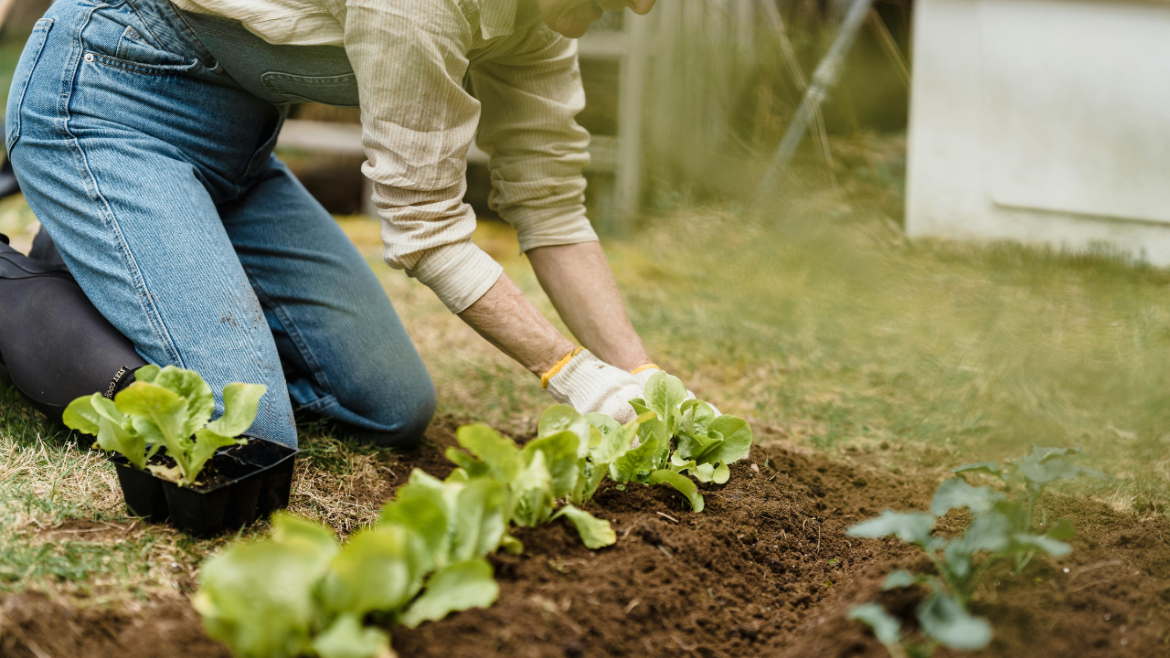Did you know that Leading Edge Senior Care has a Dementia Support Group? We meet monthly in Mesa. For more details <click here>
Why Gardening Is So Beneficial For Seniors
In the realm of senior care, gardening emerges as a profoundly beneficial activity, offering a plethora of advantages that go beyond mere hobbyist enjoyment.
Understanding why gardening is so beneficial for seniors encompasses exploring the physical, mental, emotional, and social dimensions it encompasses.
The Physical Benefits
Engaging in gardening activities can provide substantial physical benefits for seniors. These activities often involve a range of movements, such as digging, planting, watering, and pruning, which can contribute to improved mobility, flexibility, and strength.
Regular gardening can also serve as a form of low-impact exercise, promoting cardiovascular health and overall physical well-being.
Mental Stimulation and Cognitive Health
Gardening is a mentally stimulating activity that can help seniors maintain cognitive function and mental acuity. Planning and organizing a garden, remembering planting schedules, and learning about different plant varieties all contribute to keeping the mind active and engaged.
This mental stimulation can be particularly beneficial in preventing cognitive decline and reducing the risk of conditions like dementia.
Emotional Well-being and Stress Relief
The act of gardening has been linked to reduced stress levels and improved emotional well-being. Spending time outdoors, connecting with nature, and nurturing plants can have a calming effect on individuals, leading to lower levels of anxiety and depression.
The sense of accomplishment and satisfaction that comes from watching plants grow and thrive can also boost self-esteem and confidence.
Social Interaction and Community Engagement
For many seniors, gardening provides opportunities for social interaction and community engagement. Joining gardening clubs or participating in community garden projects allows seniors to connect with like-minded individuals, fostering friendships and a sense of belonging.
Sharing gardening tips, experiences, and produce can further enhance social connections and create a supportive network.
Tips for Seniors Engaging in Gardening
For seniors looking to explore the benefits of gardening, it’s essential to approach this activity safely and comfortably. Here are some tips to consider:
- Start Small: Begin with manageable tasks and gradually increase gardening activities based on comfort and ability.
- Use Ergonomic Tools: Invest in lightweight and ergonomic gardening tools to minimize strain and reduce the risk of injuries.
- Create Accessible Gardens: Design gardens with raised beds or containers at waist height for easy access without bending or kneeling.
- Stay Hydrated and Protected: Drink plenty of water and use sunscreen/hats to protect against sun exposure while gardening.
- Seek Professional Guidance: Consult with gardening experts or healthcare providers for personalized advice and recommendations.
In conclusion, gardening offers a multitude of benefits for seniors, encompassing physical health, mental stimulation, emotional well-being, and social connection. Embracing gardening as a meaningful activity can contribute significantly to a fulfilling and vibrant lifestyle in the senior years.

